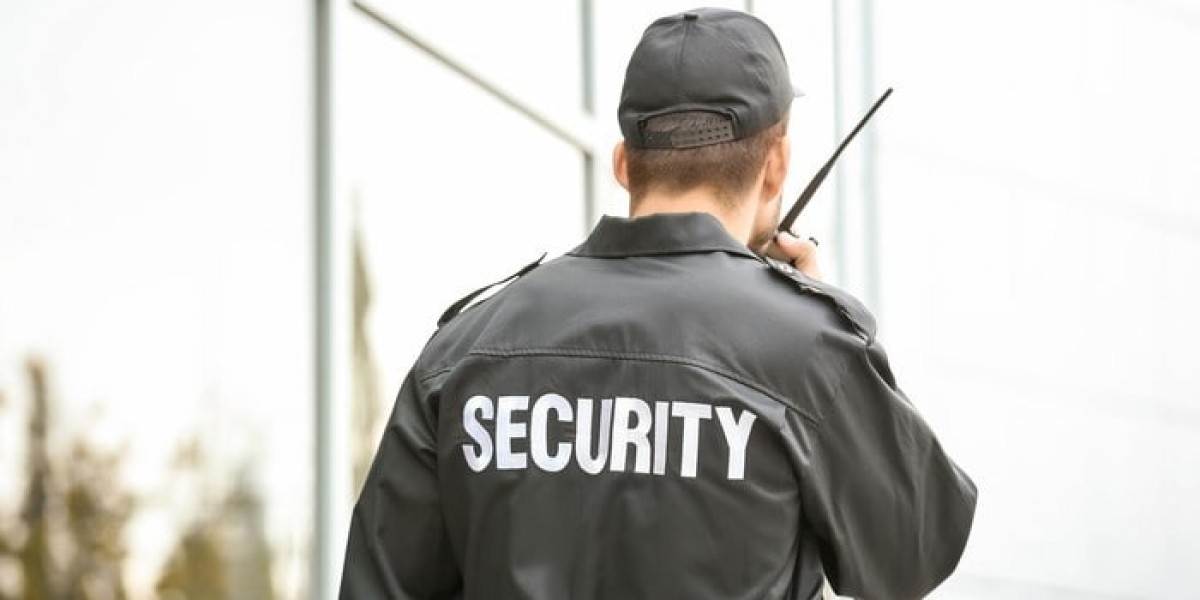Retail businesses face significant challenges when it comes to theft and shrinkage, which can have a major impact on their profitability and operations. Shrinkage, which refers to the loss of inventory due to theft, fraud, or administrative errors, is a persistent issue for retailers worldwide. One of the most effective ways to combat shrinkage is through the presence of retail security guards. These professionals play a crucial role in ensuring the safety of merchandise, deterring criminal activity, and maintaining a secure shopping environment.
Understanding Retail Shrinkage:
Shrinkage in retail is caused by several factors, including shoplifting, employee theft, supplier fraud, and operational errors. According to industry reports, theft—both internal (by employees) and external (by shoplifters)—accounts for the majority of retail shrinkage. While technological advancements such as security cameras and anti-theft devices help deter theft, having trained security personnel on-site adds an essential layer of protection.
Retail security guards are responsible for preventing and responding to theft incidents in real time. Their presence alone can discourage potential shoplifters, and their active surveillance helps to identify and apprehend those attempting to steal. Unlike passive security measures such as cameras, security guards provide immediate intervention, reducing the likelihood of losses.
The Importance of Retail Security Guards:
Deterrence of Theft:
One of the primary roles of retail security guards is to act as a deterrent. Criminals are less likely to target a store that has visible security personnel on duty. Shoplifters typically look for easy targets where they can steal without being noticed or confronted. The presence of security guards signals to would-be thieves that the store takes security seriously, making them think twice before attempting to commit a crime.
Active Surveillance and Monitoring:
Security guards conduct active patrols and monitor surveillance cameras to detect suspicious activities. They are trained to identify behavioral patterns that indicate potential shoplifting or fraudulent activities. Unlike static security measures, such as alarms or cameras, guards can react immediately when they notice suspicious behavior, preventing theft before it occurs.
Preventing Employee Theft:
While most employees are honest, some may take advantage of their position to commit theft. Employee theft can be challenging to detect, as insiders often know security blind spots and operational loopholes. Security guards help deter internal theft by monitoring employees, conducting bag checks, and ensuring proper adherence to company policies. By fostering a security-conscious culture, businesses can reduce the temptation and opportunity for employee theft.
Handling Shoplifters and Theft Incidents:
When a shoplifter is caught in the act, security guards are trained to handle the situation professionally and legally. They know how to approach suspects, detain them if necessary, and coordinate with law enforcement. Their ability to act swiftly and efficiently prevents theft-related losses and ensures that legal procedures are followed correctly.
Enhancing Customer and Employee Safety:
Beyond preventing theft, security guards contribute to a safe and secure shopping environment. Retail spaces can sometimes experience disturbances such as aggressive customers, altercations, or even attempted robberies. Security guards are trained to de-escalate conflicts, protect employees and customers, and respond to emergencies such as medical incidents or fire evacuations.
Loss Prevention Strategies:
Retail security guards also play a role in implementing loss prevention strategies. They work closely with store managers to identify high-risk areas, conduct security assessments, and recommend improvements. These strategies may include reconfiguring store layouts, improving lighting, or introducing additional security measures such as electronic article surveillance (EAS) tags.
Customer Assistance and Support:
While their primary role is security, retail guards also assist customers by providing directions, helping with lost items, or offering general guidance. Their presence enhances customer experience, making shoppers feel safer and more comfortable in the store. A well-trained security team balances vigilance with approachability, ensuring they are seen as helpful figures rather than intimidating enforcers.
The Evolving Role of Retail Security Guards:
The retail security landscape is constantly evolving, with new challenges emerging as criminals become more sophisticated. Organized retail crime (ORC) has been on the rise, with professional thieves targeting stores in coordinated theft operations. Security guards must adapt by staying updated on modern theft tactics and utilizing advanced security technologies. Many retailers are now equipping their security personnel with body cameras, radio communication systems, and real-time analytics tools to enhance their effectiveness.
Additionally, the rise of e-commerce and self-checkout systems presents new security challenges. Retail security guards now need to monitor self-checkout areas more closely, as they are prone to fraudulent activities such as "sweethearting" (where an employee or accomplice pretends to scan items but does not charge for them).
Final Thought:
Retail security guards play a vital role in preventing theft and reducing shrinkage in retail businesses. Their presence deters criminals, enhances surveillance, and ensures the safety of customers and employees. By actively monitoring store activities, responding to theft incidents, and implementing loss prevention strategies, security guards significantly contribute to a store's overall security. As retail crime continues to evolve, businesses must invest in well-trained security personnel to safeguard their assets and maintain a safe shopping environment. The role of security guards is not just about catching thieves but also about fostering a culture of security and vigilance that benefits both retailers and consumers alike.



